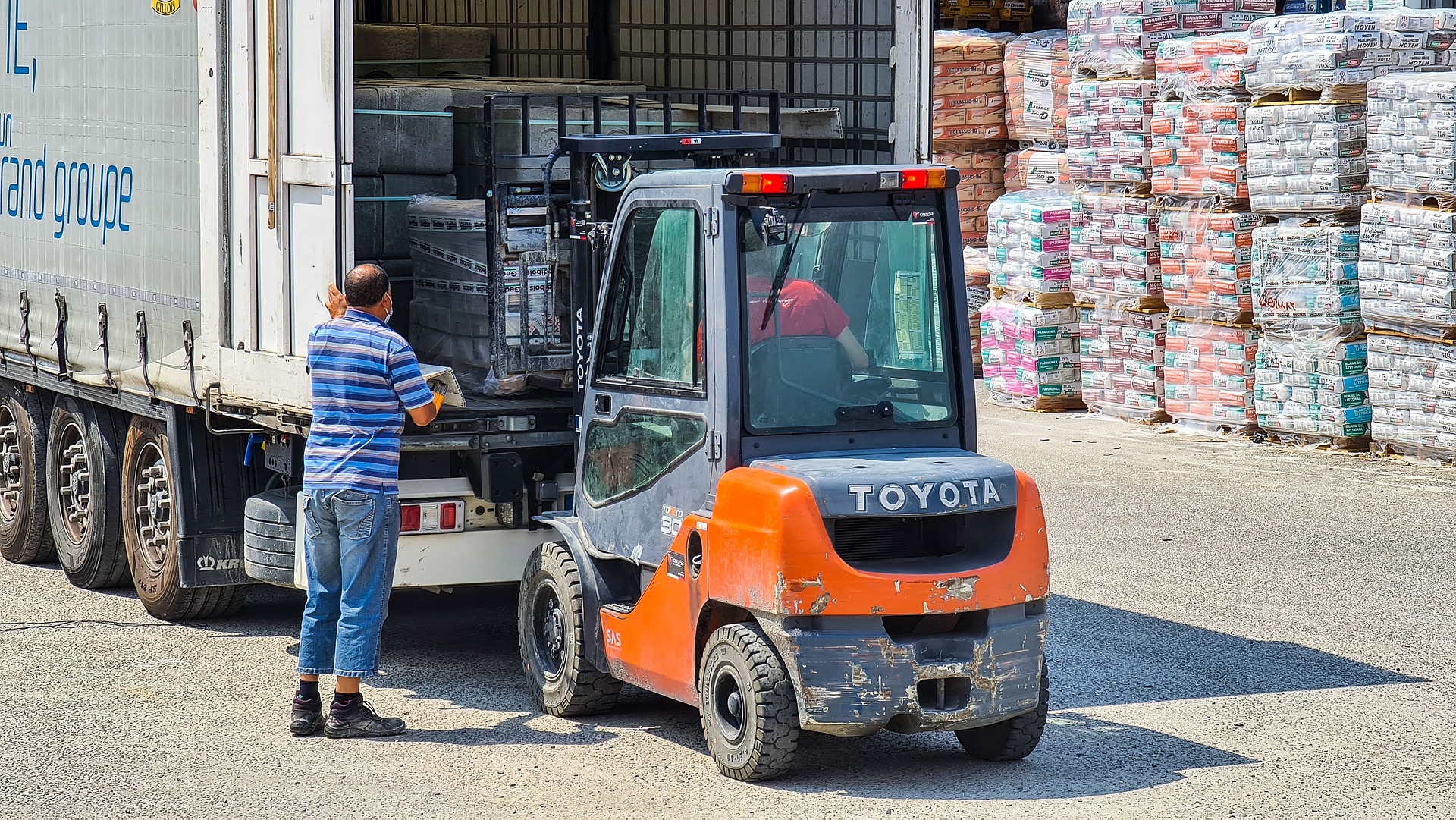Forklift Operator Recruitment: Join the Logistics and Manufacturing Industry and Start a Stable and High-Paying Career!
With the booming e-commerce and the continued expansion of the manufacturing industry, the demand for forklift operators is growing rapidly. Whether it is a warehouse, logistics center or manufacturing plant, forklift operators are key roles in ensuring the efficient transportation and storage of goods. If you are looking for a stable, high-paying job with full development potential, becoming a forklift operator may be your ideal choice. This article will provide you with a comprehensive guide to forklift operator recruitment to help you find the right position.

Unlocking Opportunities: The Path to a Rewarding Forklift Operator Career
Forklift operation is a crucial role in various industries, from warehousing to manufacturing. As the backbone of material handling, forklift operators play a vital part in keeping businesses running smoothly. If you’re considering a career change or looking for a stable job with growth potential, becoming a forklift operator might be the perfect fit for you.
The Growing Demand for Skilled Forklift Operators
The logistics and supply chain industry continues to expand, creating a steady demand for qualified forklift operators. With e-commerce booming and global trade on the rise, companies are always on the lookout for reliable professionals to handle their material movement needs. This growing demand translates to job security and ample opportunities for those willing to pursue a career in forklift operation.
Essential Skills and Qualifications
To become a successful forklift operator, you’ll need a combination of technical skills and personal attributes. Employers typically look for candidates with a high school diploma or equivalent, though some positions may require additional certifications. Key skills include excellent hand-eye coordination, spatial awareness, and the ability to follow safety protocols meticulously.
Training and Certification Process
Proper training is crucial for forklift operators to ensure workplace safety and efficiency. Many employers offer on-the-job training, but obtaining a certification from a recognized institution can give you a competitive edge. The Occupational Safety and Health Administration (OSHA) provides guidelines for forklift operator training, which includes formal instruction, practical training, and performance evaluation.
Day-to-Day Responsibilities of a Forklift Operator
Forklift operators are responsible for much more than simply moving materials from one place to another. Their duties often include inspecting and maintaining equipment, organizing inventory, adhering to safety regulations, and collaborating with team members to ensure smooth operations. The role requires a balance of physical dexterity and mental alertness to navigate through busy warehouses and industrial settings.
Career Growth and Advancement Opportunities
While many view forklift operation as an entry-level position, it can serve as a stepping stone to higher roles within the logistics and supply chain industry. With experience and additional training, operators can advance to positions such as team lead, warehouse supervisor, or even logistics manager. Some operators also specialize in handling specific types of equipment or materials, which can lead to higher pay and more specialized roles.
- Forklift operators earn an average salary of $35,000 to $45,000 per year in the United States
- The job outlook for material moving machine operators, including forklift operators, is projected to grow 7% from 2020 to 2030
- Many companies offer benefits packages including health insurance, retirement plans, and paid time off
- Some employers provide opportunities for cross-training in other warehouse operations, enhancing skill sets and job prospects
- Forklift operation skills are transferable across various industries, providing flexibility in career choices
Comparing Forklift Operator Positions Across Industries
When considering a career as a forklift operator, it’s essential to understand how the role varies across different industries. Here’s a comparison of forklift operator positions in four major sectors:
| Industry | Average Salary | Work Environment | Additional Skills Required | Growth Potential |
|---|---|---|---|---|
| Warehousing | $35,000 - $40,000 | Indoor, climate-controlled | Inventory management | High |
| Manufacturing | $38,000 - $45,000 | Factory setting, potential for shifts | Basic machinery knowledge | Moderate |
| Construction | $40,000 - $50,000 | Outdoor, variable conditions | Understanding of building materials | Moderate to High |
| Shipping Ports | $45,000 - $55,000 | Outdoor, potentially harsh conditions | Knowledge of shipping containers | High |
Note: Salary information provided are estimates based on industry averages. Actual salaries may vary depending on location, experience, and specific employer. It is encouraged to conduct independent research for the most up-to-date and accurate information.
Embracing a Future in Forklift Operation
Choosing a career as a forklift operator offers stability, growth potential, and the satisfaction of playing a crucial role in the global supply chain. With the right training, skills, and attitude, you can build a rewarding career in this essential field. As technology advances and industries evolve, forklift operators who stay updated with the latest trends and continue to improve their skills will find themselves well-positioned for long-term success in the ever-changing world of logistics and material handling.
The shared information of this article is up-to-date as of the publishing date. For more up-to-date information, please conduct own research.




